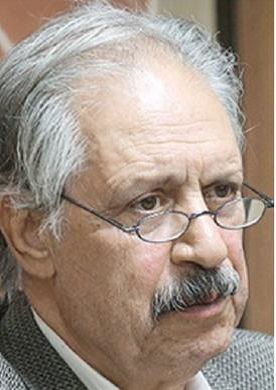Reflection of Reza Khan's Relations with the constitutional constitution in the works of Official Historians of the Pahlavi Period
Keywords:
Official historiography, Constitutional law, Constitutional Revolution, Legitimacy, Reza ShahAbstract
The objective of the Constitutional Movement was to fundamentally transform the political system of Iran and to shift from an autocratic government to one based on law. However, with Reza Khan's coup in 1920 (Gregorian Calendar), the overthrow of the Qajar dynasty contrary to the constitutional law, the transformation of constitutional monarchy into modern dictatorship, and the revival of autocracy from the outset, he established the foundation of this dynasty on a legitimacy crisis. The question of this article is what strategies did the propaganda apparatus (especially the official historians) of the Pahlavi government adopt to legitimize Reza Khan's tripartite actions in undermining the constitution? Based on the method of critical rationality, the findings of this article indicate that the official historians, in justifying Reza Shah's actions which were contrary to the constitutional law, without considering the logic of historical developments and understanding civilizational relations, attempted to portray the Constitutional Revolution as a failure. Through the vilification of the Qajar period and depicting the Constitutional Revolution as unsuccessful, they produced a narrative that presented a salvific image of Reza Shah and legitimized his actions.

















